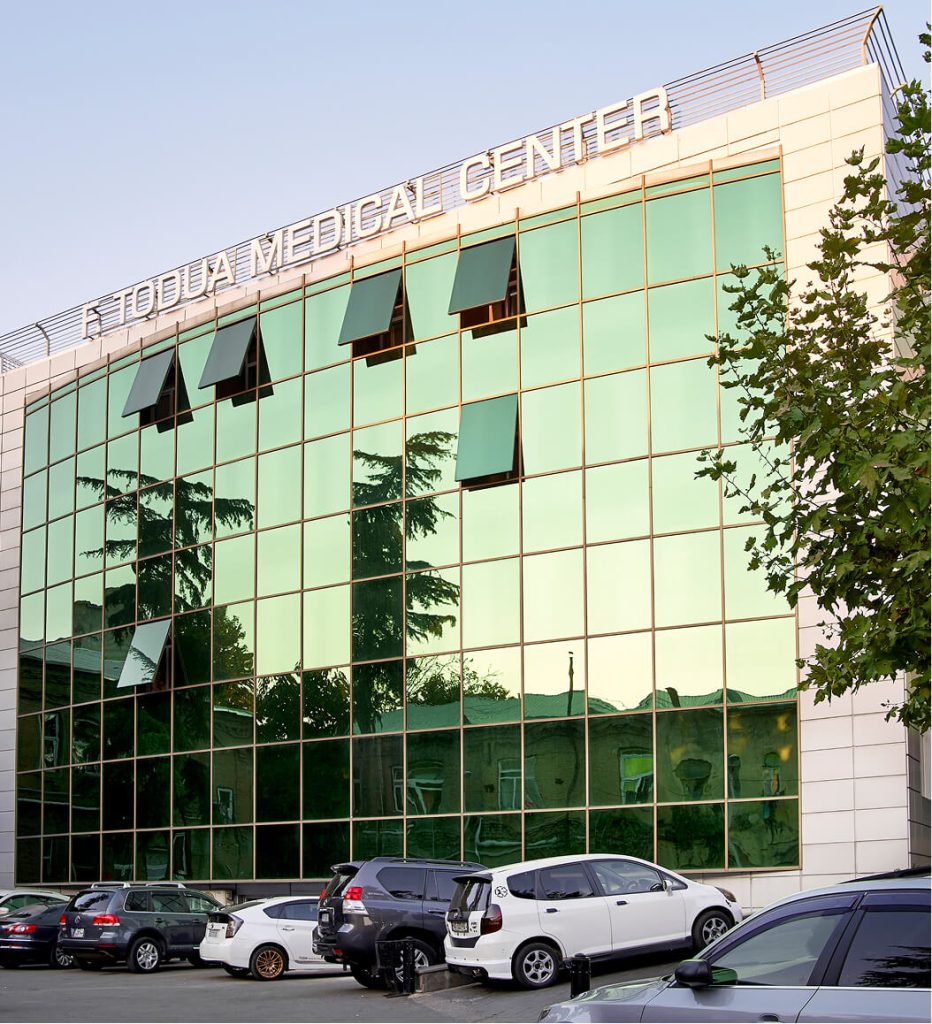
Plan Cancer Registry II
Strengthening Data Quality and Completeness of the Tbilisi Cancer Registry

The Tbilisi needs assessment identified the absence of a quality assurance programme for laboratory medicine, including pathology and blood banks. The lack of quality requirements was reflected in a distinct variation in standards, protocols (including specimen transportation) and cancer pathology reporting procedures. As a result, delays and errors were common in cancer diagnosis, leading to interruptions in cancer care management.
To develop a quality control manual with standard operating procedures, along with quality criteria regulations and core requirements for pathology. The project will facilitate the development of both laboratories and standard pathology reporting; this, in turn, will help ensure consistent and quality diagnostics for every patient in Tbilisi.
In parallel, pathology laboratories will develop a plan for a network of the most relevant laboratories to meet the needs of cancer patients. This will serve as the basis for stakeholder alignment and cooperation, prioritisation of investment, and collaboration with international partners to increase access to, and improve the quality of pathology diagnosis in Tbilisi.
Quality protocols for sample-taking, handling and specimen transportation will also ensure that patients receive standard diagnostics and quality throughout the care continuum in all institutions. Specifications for setting up a telepathology programme will contribute to further development and increase access to subspecialty pathologists in rare cancers for consultations.
Four interdisciplinary teams were established to focus on and develop the different outputs of this project. A revision of current evidence and best practices was followed by international expert review and consultation, as well as scientific visits to regional partner institutions. The final documents have been submitted to the relevant authorities and will be disseminated through capacity-building workshops.
Quality criteria regulations have been developed, with minimal requirements for pathology laboratories, and a quality control manual has been drafted, including best-practice guidelines for both operating procedures and pathology reports.
The project has also facilitated the development of quality controls for sample-taking, handling and specimen transportation, and specifications for setting up a telepathology programme.
This website uses its own and third-party cookies to improve the browsing experience. Read the Cookies Policy.